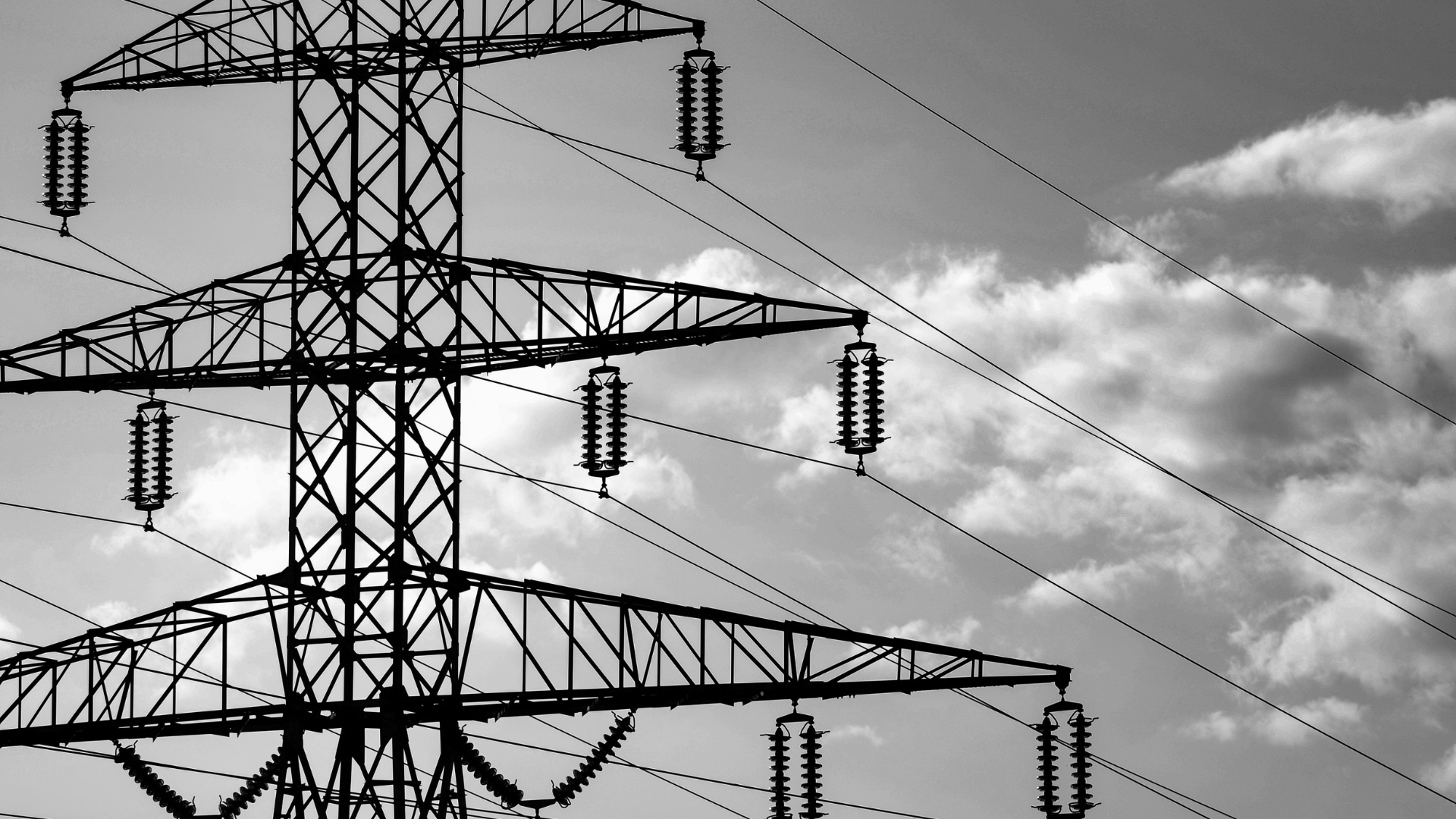
Pylons, substations and miles of cables – councillors oppose industrialisation of Lincolnshire countryside.
Making an announcement at a meeting of the council’s Executive today (Wednesday 8 May 2024), Cllr Colin Davie, executive councillor for economic development, environment and planning at Lincolnshire County Council, said:
“In January National Grid announced plans to run a 140km line of 50m high electricity pylons through the Lincolnshire countryside, from Grimsby in North East Lincolnshire to Walpole, just over the Norfolk border. We have been extremely clear about our objection to this proposal.
“We have since received details of two proposals from National Grid and one from Osean which will see three further cabling routes and infrastructure coming onshore in Lincolnshire. Once again, the proposals involve cables running under the sea all the way from Scotland, coming on land in Lincolnshire to take power primarily to London and the Southeast.
“Whilst burying cabling underground has obvious benefits over large-scale above-ground infrastructure, with National Grid planning to carve up Lincolnshire through so many projects, we need to look at the cumulative impacts of all of these proposals and the detrimental impacts they will have on our landscape and the mental health of our residents.
“This is industrialisation of the Lincolnshire coast is on a scale we have never seen before.
“A substation proposed for Alford, for example, has a larger footprint that the town itself.
“If all these proposals were taken as one application by a planning authority, it would be refused due to the sheer scale of it and the impact, irreversibly changing to character of the county.
“We will not accept this piecemeal approach to development.
“It is our job to champion Lincolnshire and fight for the landscapes and the communities that would be affected so hugely by these proposals.
“Instead, we proposed that National Grid look to install this infrastructure offshore. This would be the most sustainable, secure, and cost-effective option and would mean the power could come onshore precisely where it is most needed, and not channelled through vast swathes of the countryside.
“I will be writing to councils in the East Anglia – who are in much the same position – so that we can put on a united front against these plans.”
Please note, these projects will be classed as Nationally Significant Infrastructure Projects, so planning permission will be decided by the government, and not Lincolnshire County Council or the district councils.
